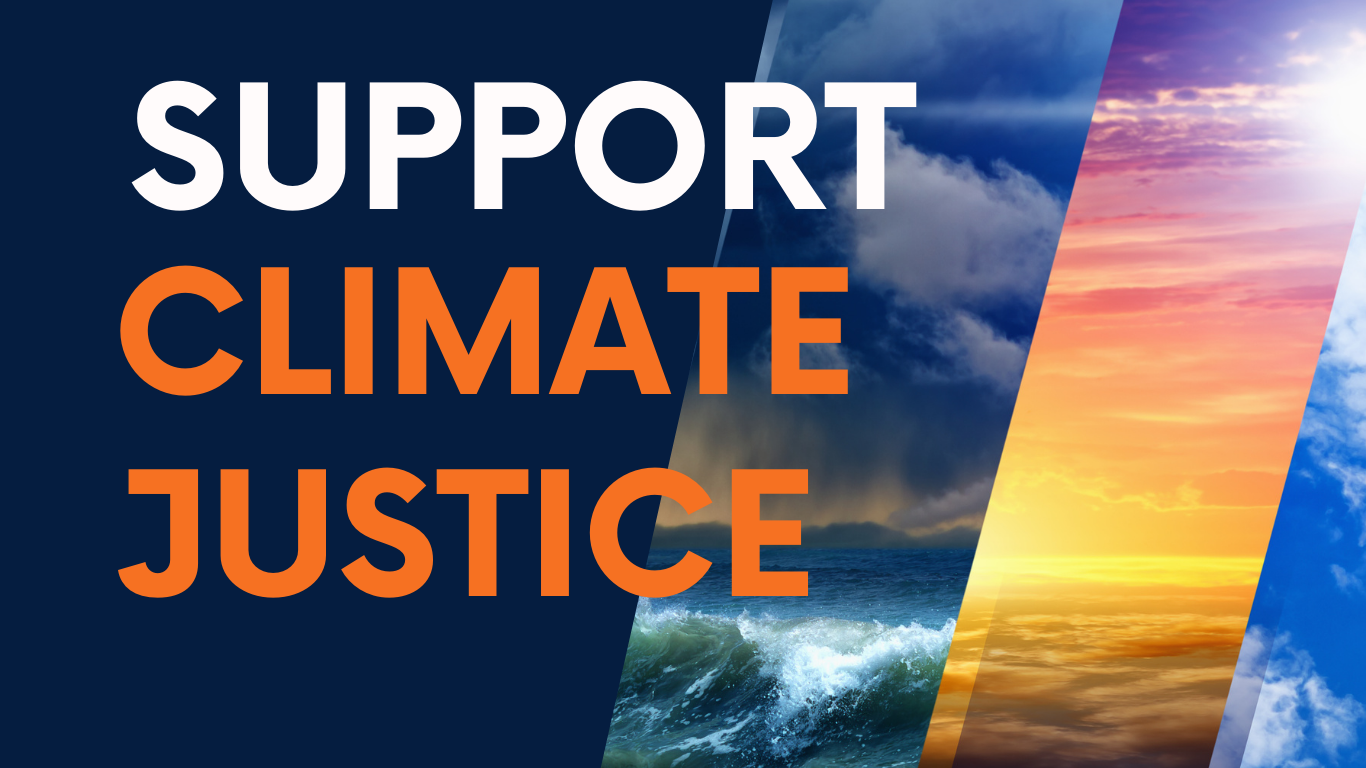The World Meteorological Organization (WMO) released the fourth, in a series of annual bulletins looking at the interlinkages between Air Quality and Climate Change on September 7, 2024.
In commemoration of “Clear Air for Blue Skies Days,” the WMO’s bulletin highlights the negative impact of climate change, wildfires, and air pollution on human health, ecosystems, and agriculture.
Actions taken against air pollution and climate change are a win-win, the WMO states.
This bulletin includes a special focus on wildfires – looking at global and regional concentrations of particulate matter pollution and its harmful effects on crops in 2023.
According to the WMO, air pollution causes more than 4.5 million premature deaths each year, and carries a high economic and environmental cost.
The links between climate change and air pollution cannot be underestimated.
The chemicals that lead to the degradation of air quality are normally co-emitted by greenhouse gases – so changes in one will naturally affect the other.
WMO Deputy Secretary, General Ko Barretts says, “Climate change and air quality cannot be treated separately. They go hand-in-hand and must be tackled together. It would be a win-win situation for the health of our planet, its people, and our economies, to recognize the inter-relationship and act accordingly.”
Air pollutants like nitrogen, sulfur, and ozone settle from the atmosphere to the earth’s surface, reducing the ecosystem services provided by natural systems like clear water, biodiversity, and carbon storage, according to the WMO.

“This Air Quality and Climate Bulletin relates to 2023. The first eight months of 2024 have seen a continuation of those trends, with intense heat and persistent droughts fueling the risk of wildfires and air pollution. Climate change means that we face this scenario with increasing frequency. Interdisciplinary science and research is key to finding solutions,” said Ko Barrett.
Particulate matter with a diameter of 2.5 micrometers or smaller is a severe health hazard if inhaled over a long period of time according to the WMO. Sources include emissions from fossil fuel combustion, wildfires, and wind-blown desert dust.
This also impacts agriculture and can reduce crop productivity in areas where maximizing yield is crucial.
Widespread wildfires globally have also impacted both human health and food security. While there are many different causes for wildfires, climate change contributes indirectly by increasing the frequency and intensity of heat waves and prolonging droughts.
According to Lorenzo Labrador, a WMO scientific officer in the Global Atmosphere Watch Network, which complied the bulletin, “Smoke from wildfires contains a noxious mix of chemicals that affects not only air quality and health but also damages plants, ecosystems, and crops – and leads to more carbon emissions and so more greenhouse gases in the atmosphere.”
The WMO Air Quality and Climate Bulletin is compiled by scientific experts under the auspices of the Global Atmosphere Watch Programme and, where possible, using data from the Global Atmosphere Watch network of stations around the world.







